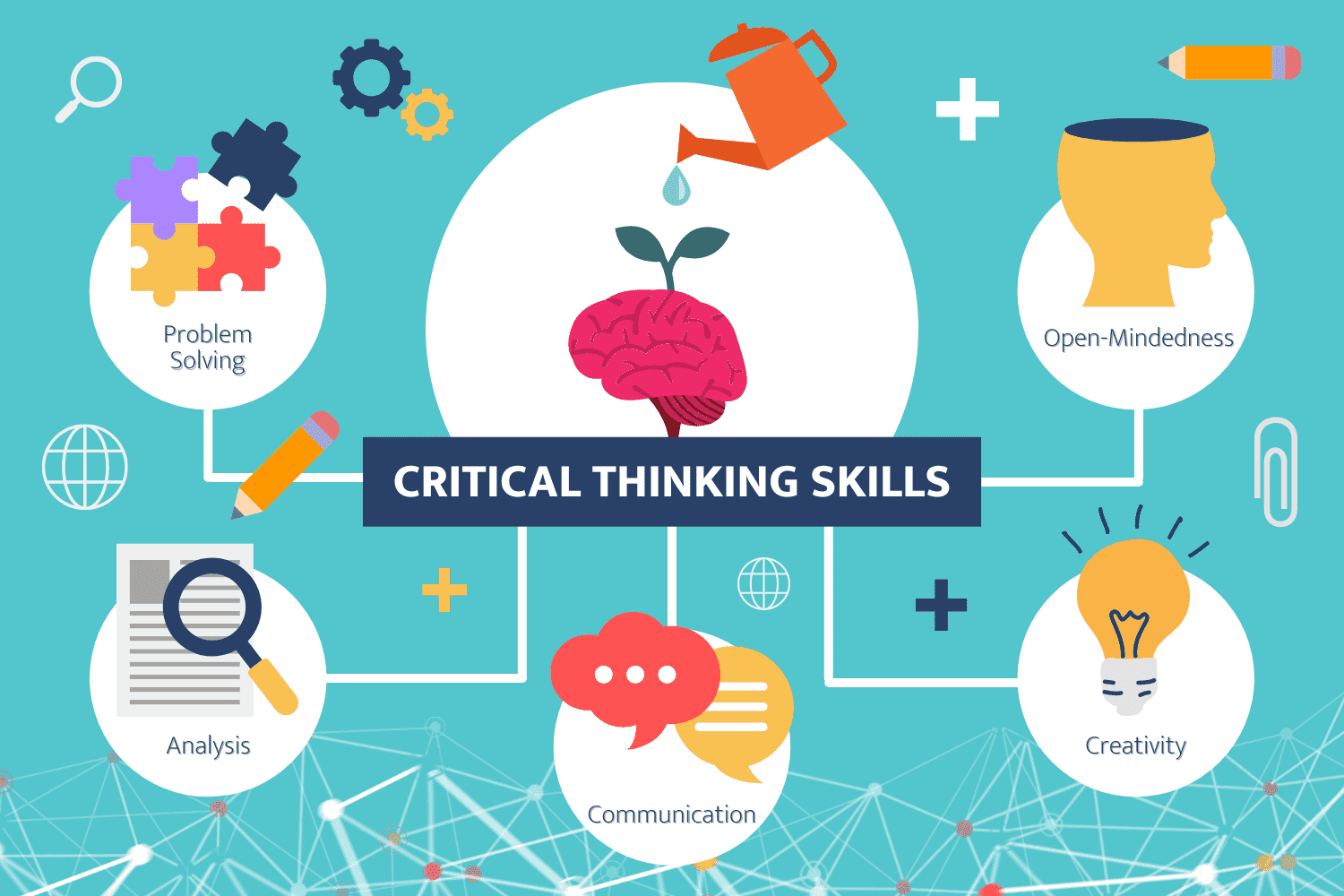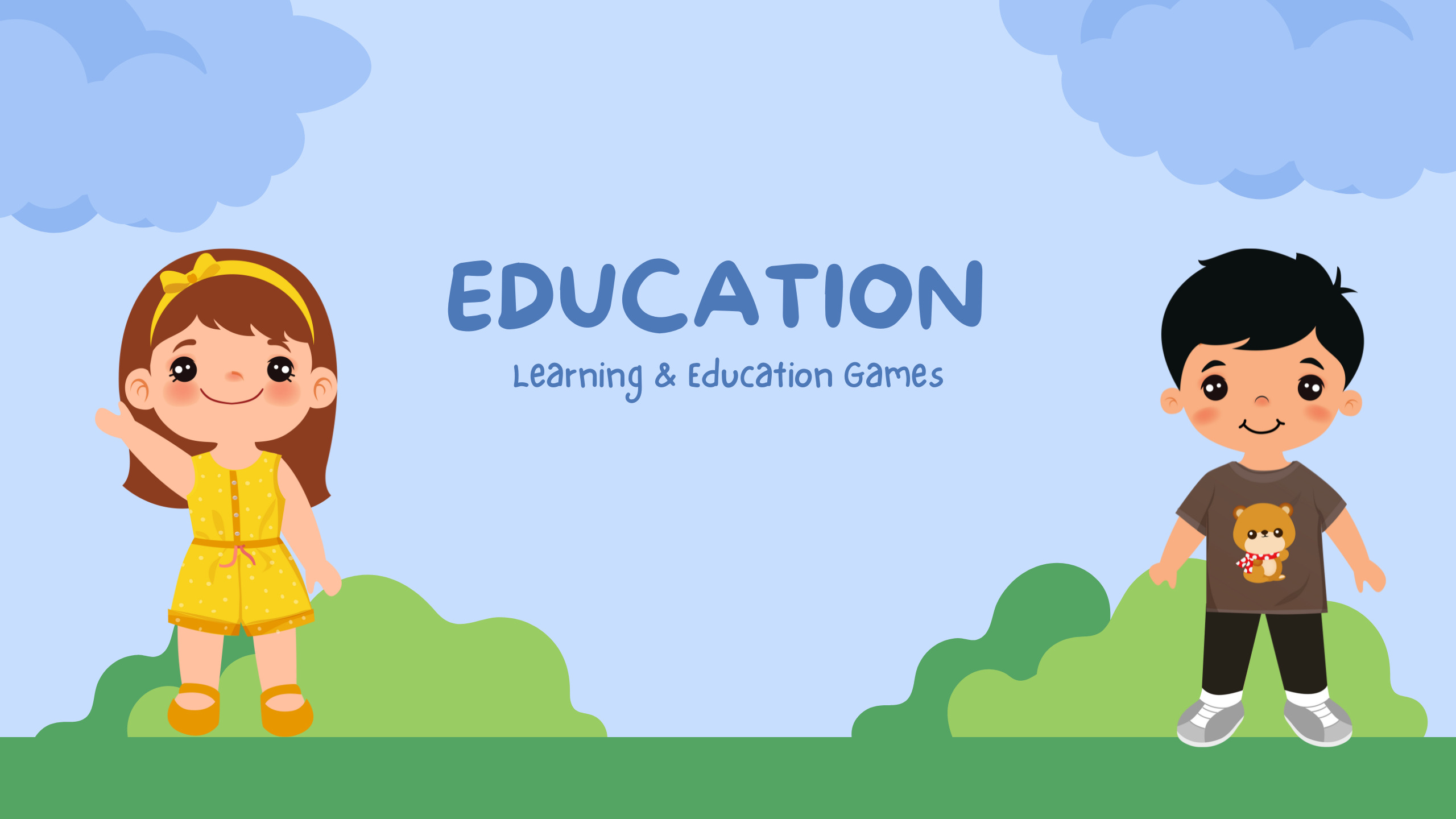Introduction:
Critical thinking is a crucial skill that needs to be nurtured in students, as it empowers them to apply it in their daily lives and in the process of learning. In this article, we will discuss three main axes for enhancing critical thinking in curricula, accompanied by real-life examples for each axis.
Axis 1: The Importance of Critical Thinking in Learning
Critical thinking plays a pivotal role in promoting deep learning and profound comprehension of concepts. For instance, in a science lesson about environmental changes, students can utilize critical thinking to analyze data related to temperature fluctuations and their impact on the ecosystem. Through critical thinking, they can formulate research questions and infer causal relationships between different factors.
Axis 2: Strategies for Enhancing Critical Thinking
Strategies for enhancing critical thinking rely on encouraging students to pose thought-provoking questions and engage in direct interaction. For example, in an English literature class, the teacher can employ the "Three-Level Thinking" technique, where students are asked to analyze three different aspects of a particular story, such as characters, conflicts, and the core message. By guiding the students and utilizing critical thinking strategies, their skills in understanding and analyzing texts can be enriched.
Axis 3: Integrating Critical Thinking Across All Subjects
Critical thinking can be integrated across all subjects, not limited to scientific disciplines. For instance, in a history lesson, students can employ critical thinking to analyze historical events and their social and political implications. They can pose stimulating questions about causes and effects and evaluate the available evidence. This helps students develop a deeper understanding of history and their ability to connect it to the present reality.
Conclusion:
Enhancing critical thinking in curricula contributes to the cognitive development and preparedness for life skills in students. By emphasizing the significance of critical thinking in learning, employing strategies to foster critical thinking, and integrating it across all subjects, teachers can create a rich and impactful educational experience for students.
Enhancing critical thinking in curricula contributes to the cognitive development and preparedness for life skills in students. By emphasizing the significance of critical thinking in learning, employing strategies to foster critical thinking, and integrating it across all subjects, teachers can create a rich and impactful educational experience for students.




